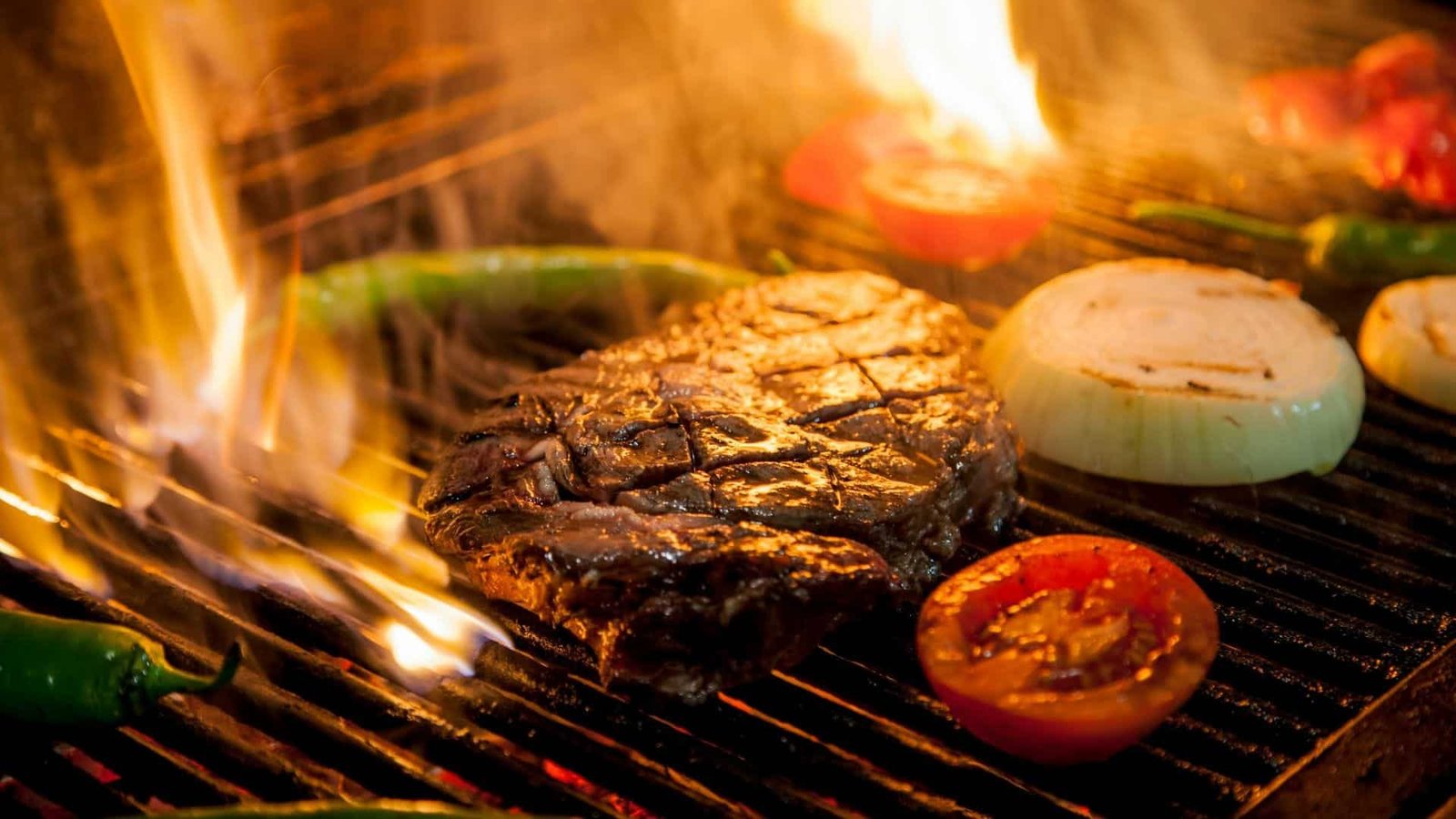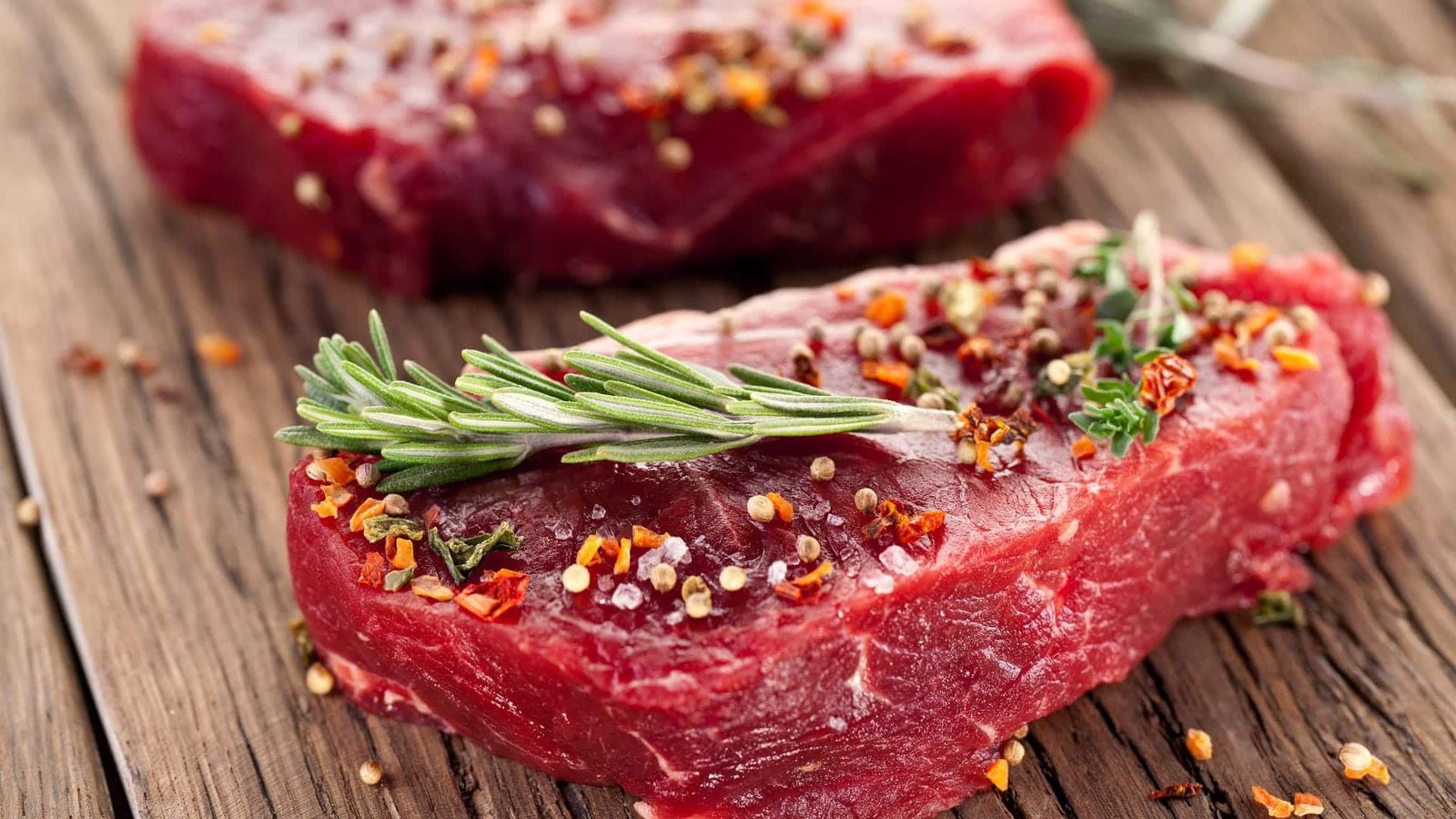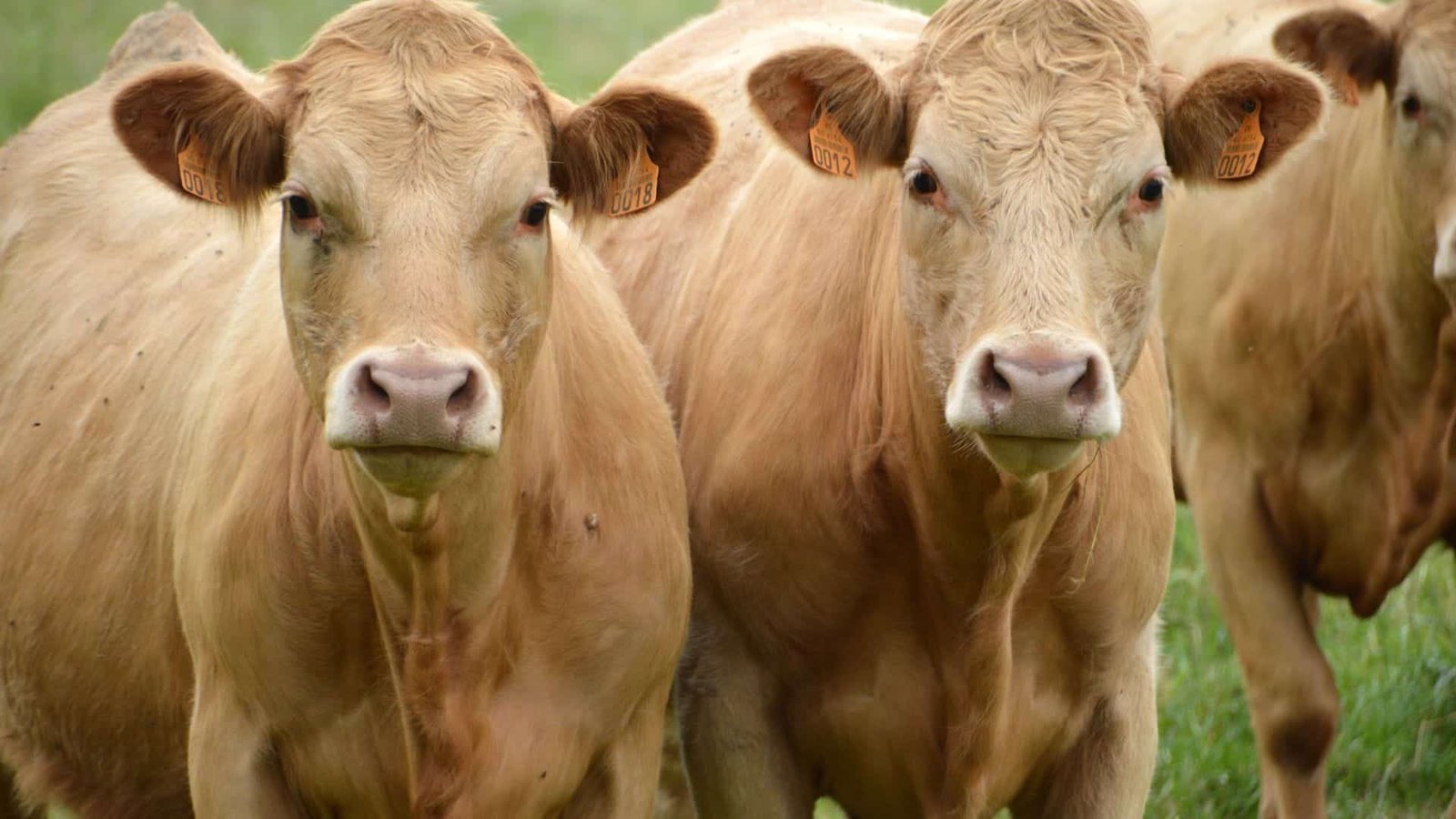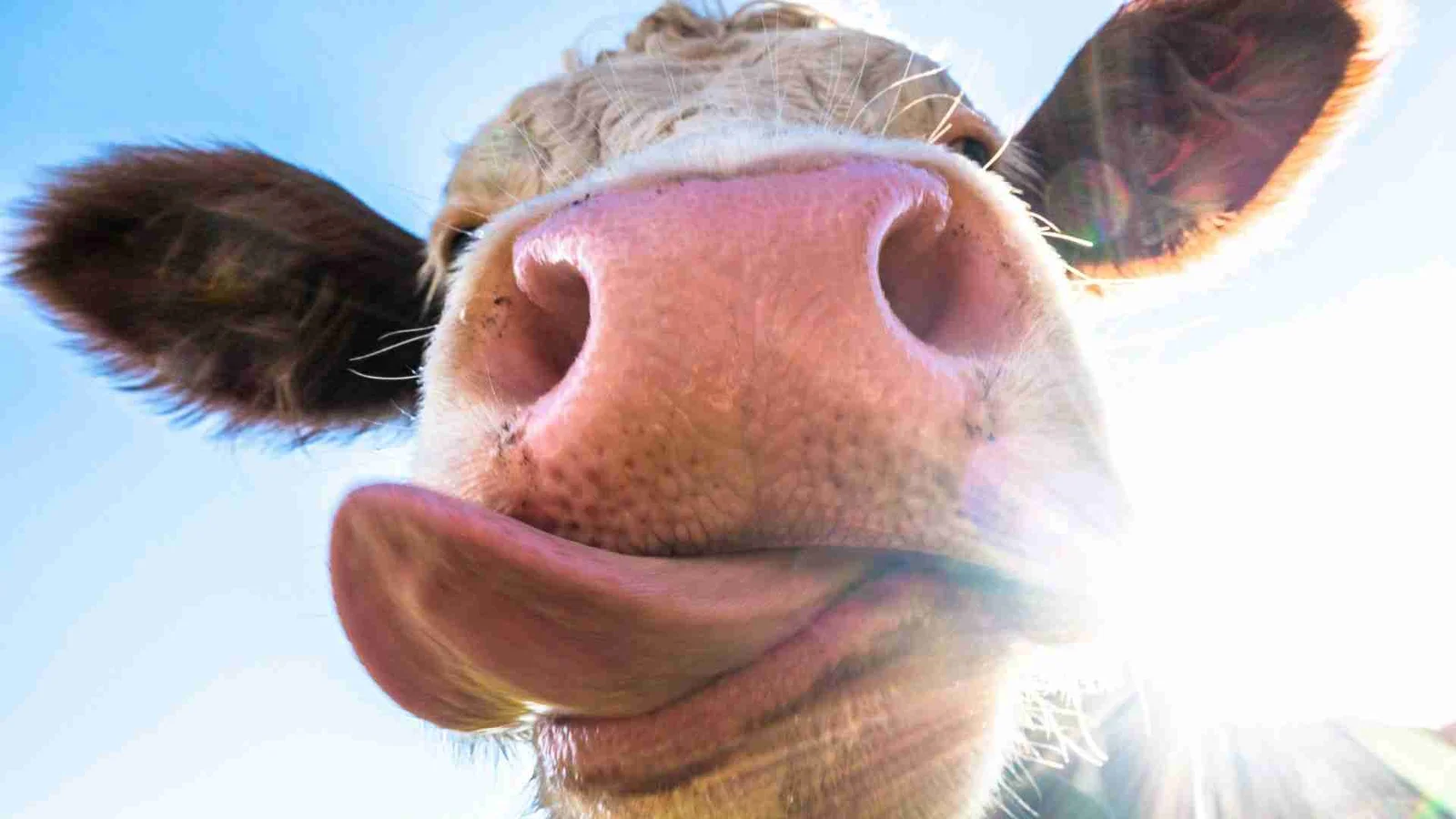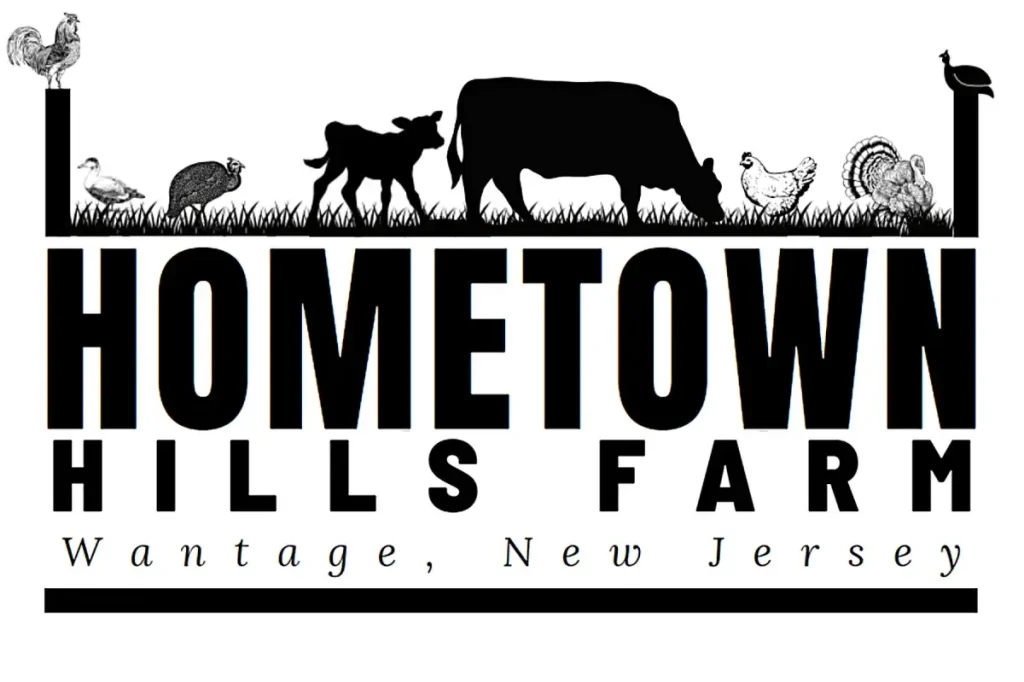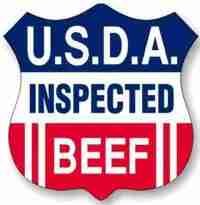Grass-Fed Beef Nutrition: Beyond Protein
Introduction to Grass-Fed Beef Grass-fed beef refers to meat derived from cattle that have been raised primarily on a diet of grass and forage, as opposed to grain-based feeds. This distinction in feeding practices significantly impacts not only the nutritional profile of the beef but also its flavor and environmental implications. Grass-fed cattle are often allowed to roam freely in pastures, promoting a more natural lifestyle compared to their grain-fed counterparts, which are typically confined and fed a diet heavily supplemented with grains and other feed additives. The dietary practices of grass-fed cattle are instrumental in achieving certain nutritional benefits.
Cooking Grass-Fed Beef for Picky Eaters: Tips for Families with Kids
Understanding Grass-Fed Beef Grass-fed beef refers to cattle that are primarily raised on a diet of grass and other foraged foods. This approach to livestock farming is distinct from conventional methods, where cattle are predominantly fed grains. One of the key differences lies in the nutritional profile of the meat. Grass-fed beef is often considered a healthier option for numerous reasons. It typically contains higher concentrations of omega-3 fatty acids, which are known for their anti-inflammatory properties and cardiovascular benefits. In addition, grass-fed beef is rich in vitamins A and E, along with antioxidants that may offer various health advantages.
Why Wantage, NJ is Perfect for Grass-Fed Beef
Introduction to Wantage, NJ Wantage, New Jersey, is a picturesque township nestled in the heart of Sussex County. This charming rural community is characterized by its rolling hills, lush green pastures, and immaculate landscapes, which collectively create an idyllic setting for agricultural endeavors. With a population that embraces the values of sustainability and traditional farming, Wantage serves as a beacon for those interested in grass-fed beef production. The township's agricultural heritage has deep roots, evident in the numerous family-owned farms that dot the area. These farms not only contribute to the local economy but also reflect a lifestyle centered around
The Rise of Grass-Fed Beef: Why It’s Trending
Introduction to Grass-Fed Beef Grass-fed beef refers to meat sourced from cattle that have been raised primarily on a diet of grass and forage, as opposed to conventional grain-fed beef, where cattle are typically supplemented with grains such as corn and soy. This fundamental difference in diet significantly impacts not only the nutritional profile of the meat but also the methods of raising the animals. Whereas grain-fed beef is often produced in large-scale feedlots, grass-fed beef is typically associated with more sustainable and humane farming practices, allowing cattle to roam freely in pasture settings. In recent years, the interest in
Delicious Farm-to-Table Dinner Ideas Featuring Grass-Fed Beef
Introduction to Farm-to-Table Dining The farm-to-table dining concept emphasizes the importance of sourcing ingredients directly from local farms, thereby enhancing the overall dining experience. By prioritizing fresh, locally sourced ingredients, restaurants and home cooks alike can create meals that not only taste better but also support the surrounding community. This approach fosters a stronger connection between consumers and producers, allowing diners to appreciate the origins of their food. One of the primary benefits of farm-to-table dining is its emphasis on seasonal produce. Seasonal ingredients are often more nutritious and flavorful, as they are harvested at their peak ripeness. This
How to Host a Grass-Fed Beef BBQ This Spring: Tips for Entertaining
Introduction to Grass-Fed Beef Grass-fed beef has increasingly gained recognition as a nutritious alternative to conventional beef, primarily attributable to the animals' diet consisting exclusively of grass and forage, as opposed to grain-based feeds often utilized in industrial farming. This dietary distinction leads to several notable benefits that enhance both the nutritional profile of the meat and its environmental impact. Grass-fed beef is typically lower in total fat and contains a higher ratio of omega-3 fatty acids, which are beneficial for cardiovascular health. Additionally, it boasts an increased level of antioxidants, such as vitamin E and beta-carotene, compared to its
Grass-Fed Beef 101: Your Questions Answered
Introduction to Grass-Fed Beef Grass-fed beef has gained significant traction in recent years, especially among health-conscious consumers who are increasingly concerned about their dietary choices and the sources of their food. Unlike conventional beef, which is often produced in feedlots where cattle are primarily fed grains, grass-fed beef comes from cattle that are raised on a diet consisting mainly of grass and forage. This fundamental difference in diet influences not only the nutritional profile of the meat but also raises important questions about sustainability and animal welfare. The rise in popularity of grass-fed beef can be attributed to several factors,
The Taste of Home: Why We Love What We Do
There’s something truly special about the taste of home. It’s not just about the food—it’s the feeling it evokes, the memories it stirs, and the connection it fosters to the land and the people we care about. At Hometown Hills Farm, we don’t cook meals or run a restaurant; we raise grass-fed beef that helps you create those unforgettable experiences at your own table, bringing the comfort and warmth of home to every bite. For us, raising grass-fed beef is a labor of love. Every steer we nurture is a testament to our dedication to quality, tradition, and the belief
The Science Behind Grass-Fed Beef’s Rich Flavor
Introduction to Grass-Fed Beef Grass-fed beef refers to cattle that have been raised primarily on a diet of grass and forage throughout their lives. Unlike grain-fed beef, which typically involves feeding cattle a diet rich in grains such as corn and soy, grass-fed beef production emphasizes natural grazing practices. This method allows the animals to roam freely in pastures, enhancing their overall well-being and providing them with a more natural diet. The distinction between grass-fed and grain-fed beef is significant not only in terms of diet but also in the resulting flavor profile, nutritional content, and environmental impact. The rising
Why Grass-Fed Beef is a Game-Changer for Your Table and the Planet
At Hometown Hills Farm, we believe that good food starts with good farming. That’s why we’re passionate about raising grass-fed beef right here in the rolling hills we call home. If you’ve ever wondered what sets grass-fed beef apart from the conventional stuff you find at the grocery store, you’re in the right place. Let’s dig into why grass-fed beef isn’t just a buzzword—it’s a better choice for your health, your taste buds, and the environment. What Does "Grass-Fed" Really Mean? Unlike conventional beef cattle that are often raised on grain-heavy diets in feedlots, our cows at Hometown Hills Farm





